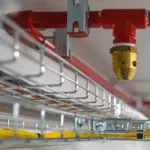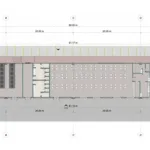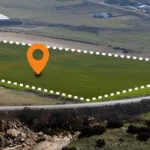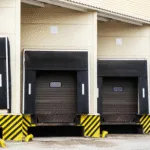julio 28, 2025
How Soil Type Affects Your Industrial Project
When starting an industrial project, one of the first aspects that must be analyzed is the type of soil on which it will be built. Although it may seem like a minor detail at first glance, the soil has a direct impact on structural safety, construction costs, and design feasibility.
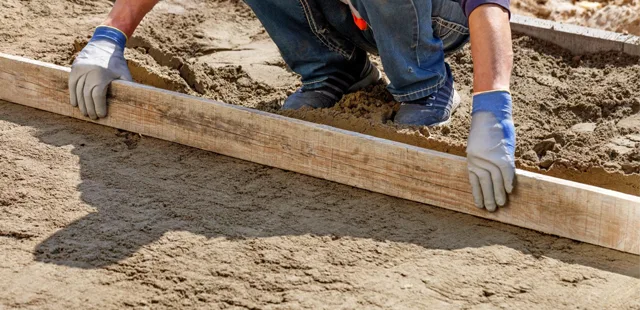
Why is soil type so important?
Each site has different physical and mechanical characteristics: some soils are rocky, others clayey or sandy, and each reacts differently under structural loads. Weak or unstable soil can lead to settlement, structural cracks, or, in extreme cases, critical failures.
Geotechnical Soil Study: The Foundation of the Design
Before designing foundations, warehouses, or industrial structures, a geotechnical soil study must be conducted. This analysis provides information about:
- Soil bearing capacity
- Type and depth of soil layers
- Presence of groundwater
- Expansion or shrinkage index
With this data, engineers can make informed technical decisions, such as selecting the appropriate foundation type, determining necessary structural reinforcement, or even deciding whether construction is feasible on that site.
Direct Impact on Costs and Timelines
Ignoring soil conditions can result in cost overruns and rework. For example, building on clay soil without considering its high plasticity may lead to differential settlement, requiring expensive structural repairs.
In contrast, conducting a preliminary soil study allows for resource optimization from the beginning, selection of suitable materials, and mitigation of construction risks.
What Foundation Type Is Best?
There is no one size fits all foundation solution. Some common options include:
- Continuous or isolated footings (for firm soils)
- Piles or piers (for soft or waterlogged soils)
- Raft foundations (when load distribution over a large area is needed)
The best choice will depend entirely on the geotechnical report of the soil.
Conclusion
Soil type is not just a technical detail it’s a decisive factor in the success of your industrial project. Investing in a geotechnical study not only enhances safety but also optimizes time and costs, minimizing risks from day one.



